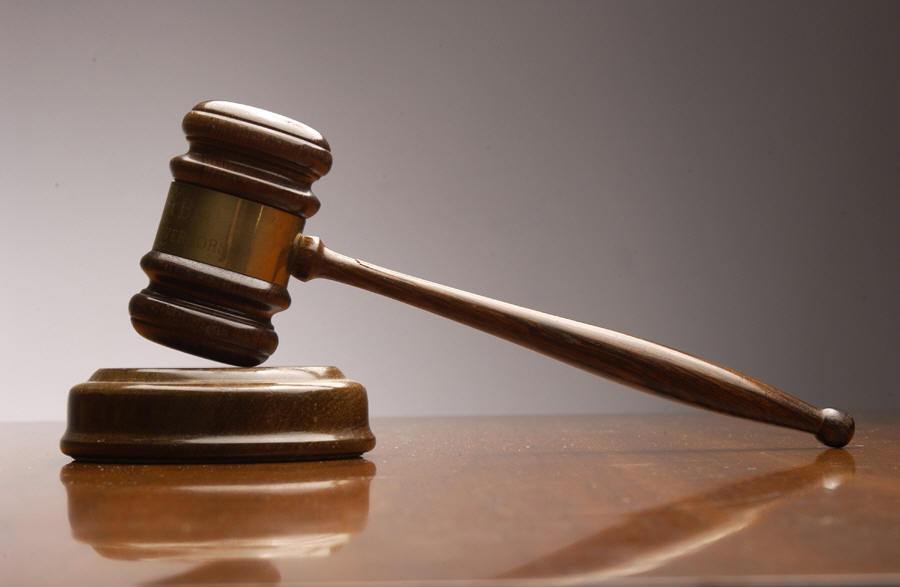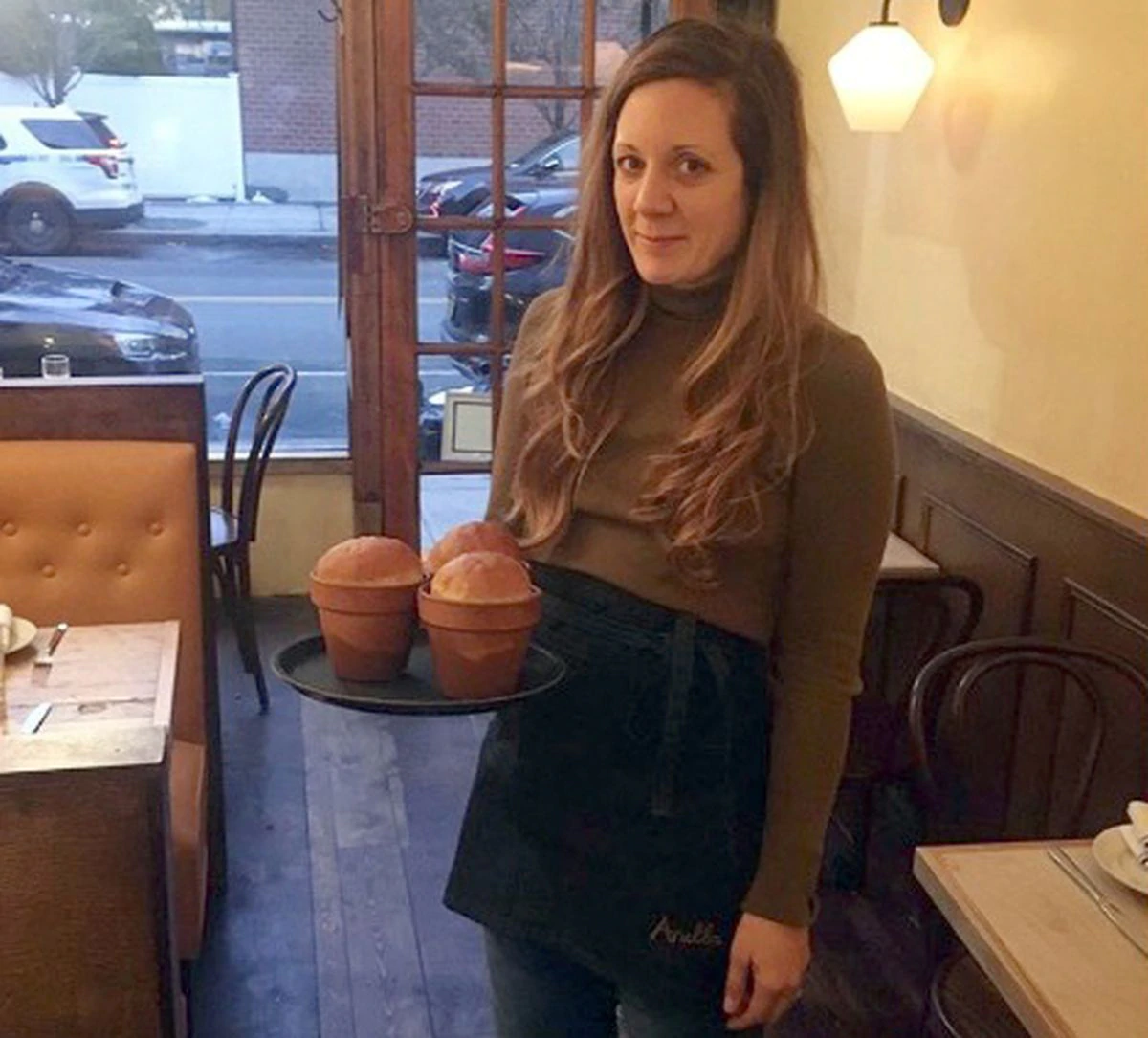Criminal defendants may be facing longer waits in custody or for key hearings after the state courts’ oversight body invoked coronavirus-inspired emergency powers over the weekend to extend what qualifies as a “speedy trial” during the COVID-19 crisis.
The unanimous vote of Chief Justice Tani Cantil-Sakauye and the Judicial Council was aimed at providing relief to state courts struggling to meet Constitutional arraignment and trial deadlines. Widespread court closures and reductions to help stem the spread of COVID-19 are clogging up court movement for new felony arrestees, and felony defendants who exercised their Sixth Amendment right to a speedy trial.
On a conference call Saturday, the council voted to temporarily grant state courts the right to the following:
- Extend the deadline in which a detained felony defendant has to appear in court from 48 hours to as long as seven days
- Extend from 10 days to 30 days the deadline to hold a preliminary hearing for defendants who invoke their rights to a speedy trial
- Extend the time period for holding a criminal trial, after a defendant is held to answer or indicted, to “more than 30 days”
- Extend the time period to bring an action to trial “by more than 30 days”
The council also cleared the way for state courts to conduct court operations and key proceedings like arraignments and preliminary hearings remotely by phone or video, to reduce case delays and avoid unnecessary detention. Such actions were underway in some locales, including in Santa Clara and San Mateo counties.
Cantil-Sakauye said the council was exercising the emergency powers granted to them by Gov. Gavin Newsom to keep the state courts in operation during the pandemic. She emphasized that the hearing and trial delays were only for the duration of broader stay-at-home and shelter-in-place orders.
“I want emphasize the key word for all of us: temporary,” she said during the call. “This unprecedented order for us reflects a very deep concern to not only protect the health safety needs of California, but also to ensure justice still be available to those in need.”
“Together we must play our part in flattening the curve for our state and nation as this pandemic evolves,” she added, referring to the strategy of slowing the spread of the virus to ease the strain on hospitals and healthcare workers.
Before these emergency acts, criminal defendants were eligible for their charges to be dismissed if these longstanding deadlines were missed. Marsha Slough, a judicial council member and associate justice in the Fourth District Court of Appeal in Riverside, stressed that the new extended time frames allowed by the emergency order are meant to be outer limits, and that if a court can move faster, it should.
“We’re hoping this opens doors to justice and is not used to delay justice,” Slough said. “These extensions are not a license to wait. They are intended for relief to the trial courts who have asked for relief.”
The new changes still didn’t sit well with defense attorneys and other open-court advocates, who argue that moving to remote hearings and proceedings — some courts have already severely limited courthouse admission — will hamper public access and transparency of court activity.
Steven Clark, a legal analyst, criminal-defense attorney and former Santa Clara County prosecutor, said the longer court deadlines mean pretrial defendants stand to stay in jail longer, during a time when courts and attorneys are working rapidly to release nonviolent and terming-out jail inmates to dampen the risk of a COVID-19 outbreak in custody facilities.
“It doesn’t do enough to take into consideration the right of the accused, especially those who are in custody,” Clark said. “It’s the state that decides to arrest and bring charges against people. These new rules put almost the full brunt of the coronavirus pandemic on the rights of the accused.”
Clark suggested extended court hours — including into the evening and night — to distribute the case load and ensure proper social distancing while allowing defendants to be heard, and potentially negotiate their way out of jail. He took particular issue with the allowance for arrestees to be held in jail for as long as seven days before they need to charged and arraigned.
“Seven days is too late. Jobs are lost, families are destroyed. That’s not where system should go,” he said. “What we shouldn’t be doing in the short term is keeping people in custody for extended periods of times before they’ve been convicted of anything.”
The chief justice contends that the new orders will help many pretrial defendants who through the expansion of remote hearings may get their day in court when previously, they had no certainty about when they might be able to see a judge again. She also added to a torrent of criticism of the current condition of jails in the state in terms of the capacity to ensure social distancing and other health protocols recommended by public health experts to prevent the spread of the virus.
Over the past two weeks, several jail deputies and inmates in Santa Clara County have told this news organization about rampant crowding, poor sanitation practices, and inter-mingling of officers and inmates that defy health advisories. To date, this county’s jails have reported five correctional officers and at least one inmate who have contracted the virus.
“All we get are two spray bottles of disinfectant. There’s no gloves, no face masks. People are ripping up their shirts to clean their bunks and general area,” said Salvadore Adame, 20, an Elmwood men’s jail inmate charged with felony vandalism. “We’ve got 70 people in a dorm. If one person gets sick, it’s going to be all hell.”
Cantil-Sakauye gave a nod to those sentiments before she voted for the new court delays.
“I have received no assurance that the jails in California are practicing social distancing,” she said. “In order to follow the directives and orders of our governor, and CDC, and the WHO, and every health organization about social distancing and sanitizing, with no assurance, this is also an avenue to protect the public … and this is to protect the inmates as well.”



















